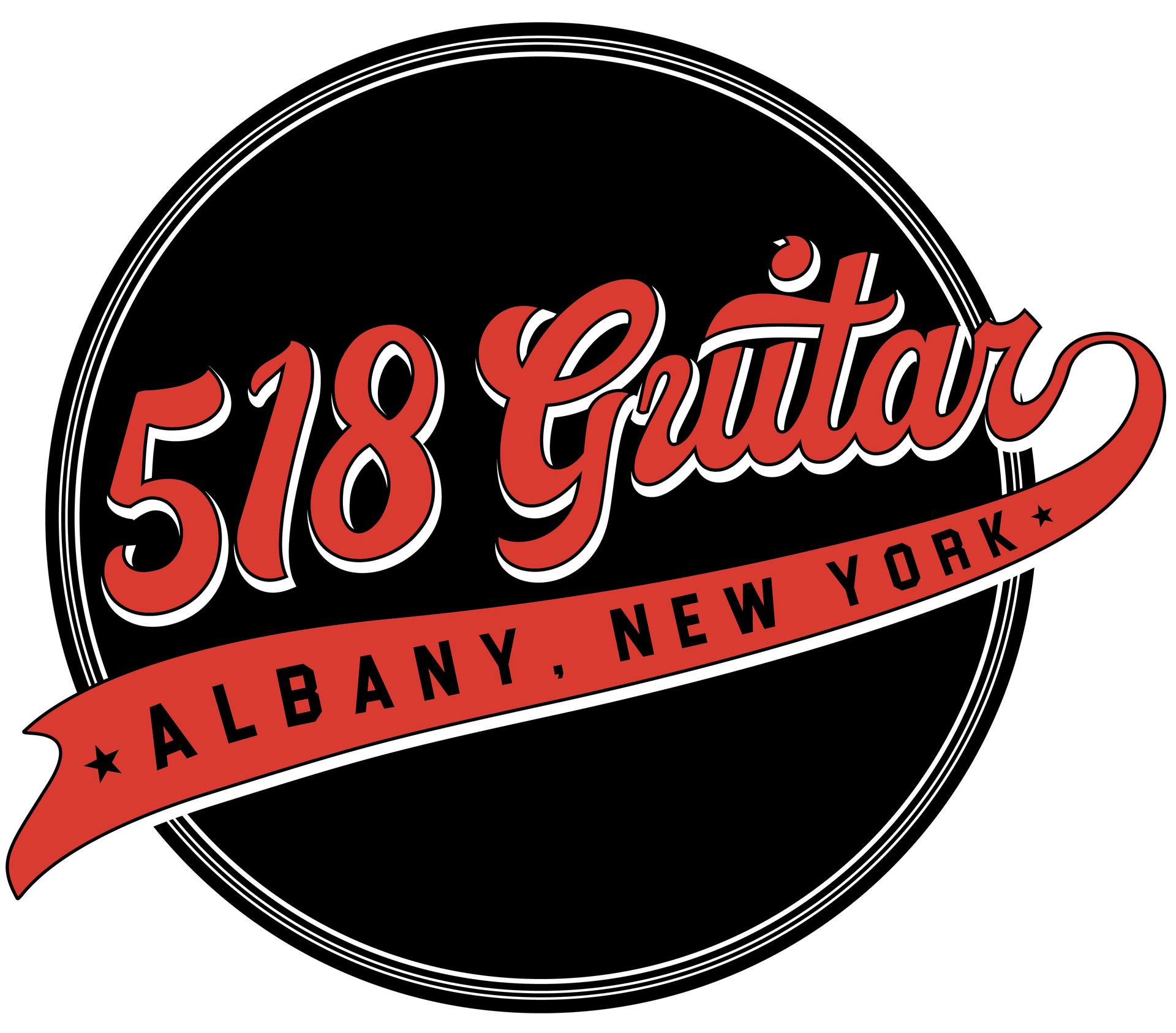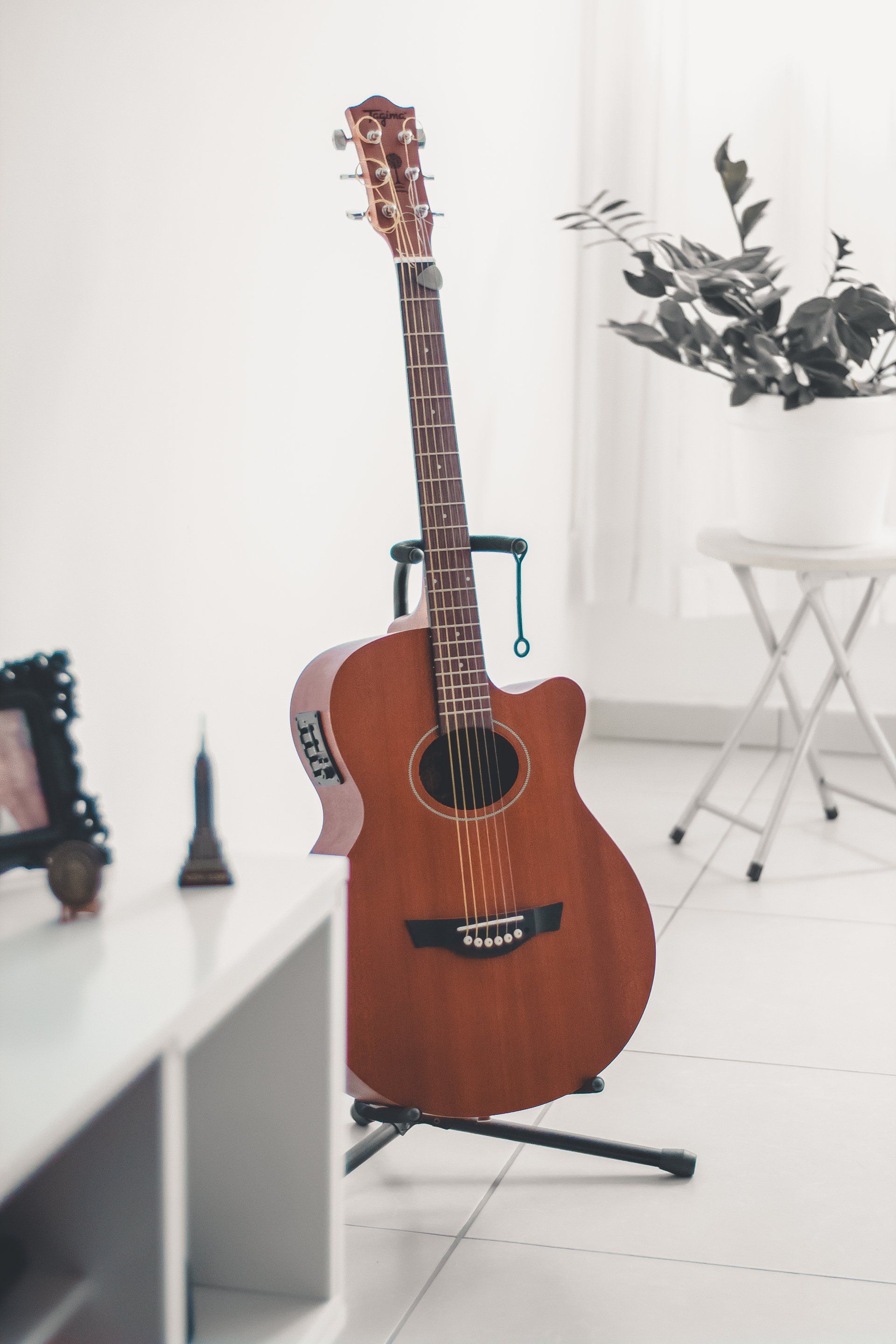What You Need to Know Before Buying Your First Guitar
Choosing your first guitar (or the first guitar for a loved one) can be difficult, especially if you're doing it without any background knowledge of guitars or playing in general. That's why we've put together this guide to help you along the way, whether you're looking for your first instrument or just want to upgrade from your current one. Here are some things to consider before you buy your first guitar, as well as some tips on what to look out for when shopping around.
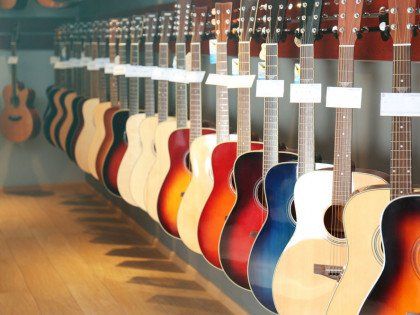
1) Figure Out Why You Want to Play Guitar
This is the most important question. Think about, and write down the answers to the following: Why do you (or a loved one) want to play guitar? What is it about the guitar you like? What musicians inspire you? What draws you to the guitar? What kind of role does music have in your/their lives? There are no wrong answers! For children and younger learners, sometimes it's as simple as the fun rock appeal of the instrument. Guitar has always been the rebel of the stringed instruments (it's still not taught in most public school bands or orchestras). For teens/adolescents the reasons may be different - exploring ways to express oneself start to increase at that age. And for adults, it could be anything from a youthful dream-made-reality to an artistic passion, or even learning for relaxation.
2) What Do I Buy?
Your answers to the first question will answer this one. If you're influenced by the fun strumming of Taylor Swift, Ed Sheeran, Jack Johnson, or Paul Simon - you'd want an acoustic guitar (these are thick and have a hole in the middle of the top). However, if you find rock more inspiring, you'd want to start with an electric guitar (it will require a cable to connect it to an amp, and an amp). Remember that steel strings will sting little fingers and present a learning obstacle (ouch!). I recommend nylon-string acoustic guitars for little pickers because the strings are softer on fingers and easier to press down.
3) Where Should I Get My First Guitar From?
I always suggest buying from a local store with a good return policy when possible. First, it helps support independently-owned businesses. Second, you learn so much by simply going into the store and shopping! There are so many guitar models to choose from. Younger learners and petitely-built learners may benefit from a ¾ size guitar, whereas adults would benefit from a full-size guitar. Go to the store and get your hands on them! Try them out - hold them in your lap and see what feels the most natural and comfortable to you/your learner. If the guitar is a surprise gift, talk to the store employees. There are a few "fail-safes" in the guitar world - the stratocaster-style electric guitar being one of them, and the mid-size or concert-size acoustic guitar being another.
4) How Much Should I Spend on My First Guitar?
This is the question where most people shopping for their first guitar (or a modest upgrade) come away with a feeling of "sticker shock", especially now during the days of raw material and labor shortages, along with supply chain delays. Expect to spend between $200 and $500 for a guitar that will actually be playable and able to be tuned. In a world of top-dollar for instant gratification and fun experience-based spending (laptops, tablets, phones, cameras, video game consoles, plasma, and 4k smart tv's, hulu/netflix/sony/xbox live/disney +/cable/subscriptions...and the family data plans to support them!), it always surprises me how learners and/or their parents often opt for the cheapest guitar on the market because they are concerned they or their children "won't stick with it". This is certainly a valid and understandable concern. However, purchasing a cheap, poorly-made guitar for yourself or your learner will always make it far more difficult to learn. This can prevent the love for music from blossoming, and increase the chances of you/your child not sticking with it. Learning something new is certainly hard enough as it is, even on a very finely made guitar - and oftentimes, the student is not wanting to quit guitar - they simply want to quit battling a poorly made or unplayable instrument. As teachers, we do the best we can to help the student get the most fun out of any instrument - but we can see the pained expressions on the student's face when trying to play some notes on a poorly-made guitar.
GOOD NEWS: This doesn't mean you need to spend a fortune on a guitar to get started. $250 USD will buy you an adequate beginner guitar - acoustic or electric. Learner packages such as the Squier Affinity Electric Guitar Package ($349 USD) are a bit more expensive, but save you significant money instead of buying each item separately: https://amzn.to/32yduwX. There are reliable brands such as Fender, Squier, Epiphone, Yamaha and Breedlove that are producing guitars in several styles and several price points. There really IS a guitar for every learner - now more than ever thanks to significant investment in overseas production and United States-based quality checks.
5) Summary
Remember to not spend too much time getting caught on the shopping aspect. Talk to store employees, have a slightly flexible budget and do 20-40 minutes of online research. Then, make a decision. Remember, it's really your kind support of their dream (or your own) that counts far more than any budget ever will. Any well-made, playable guitar - acoustic, electric or classical - will perfectly serve a beginner in their first step onto the guitar learning path.
Need help shopping? Here is the link to my guitar shopper help service: https://518guitar.com/guitar-shopper-service/
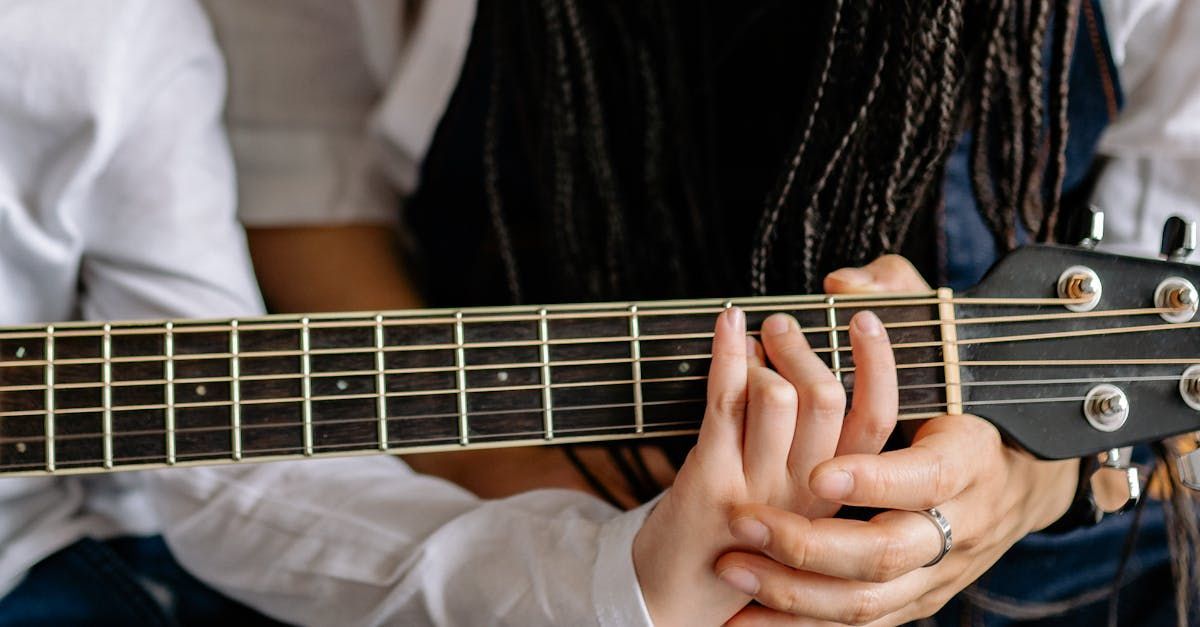
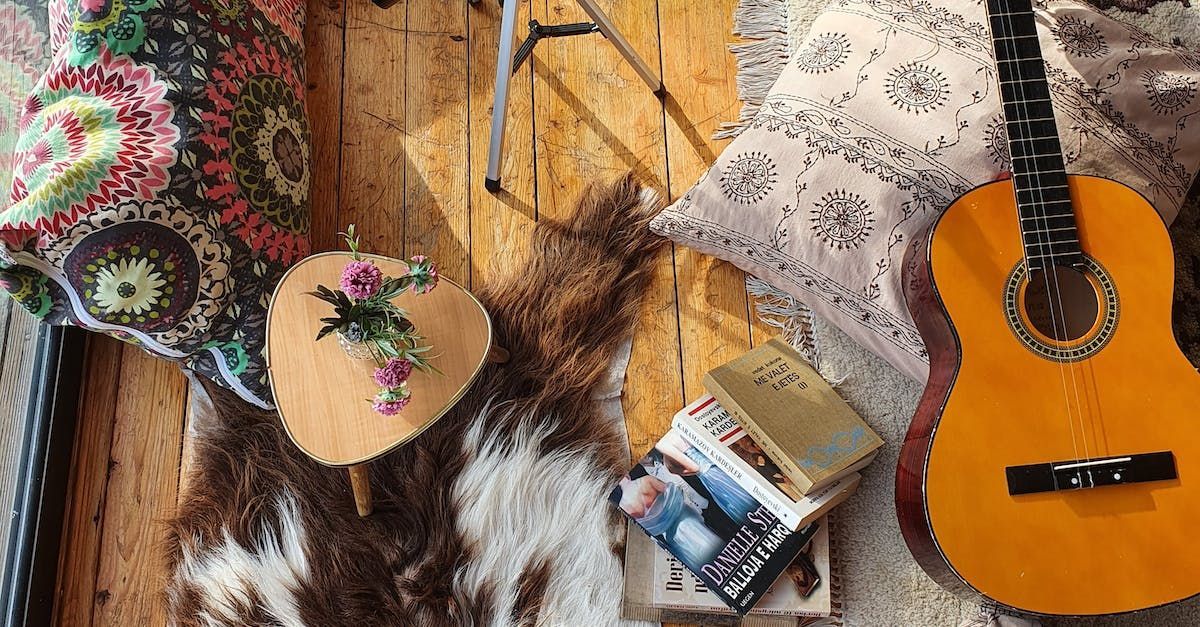
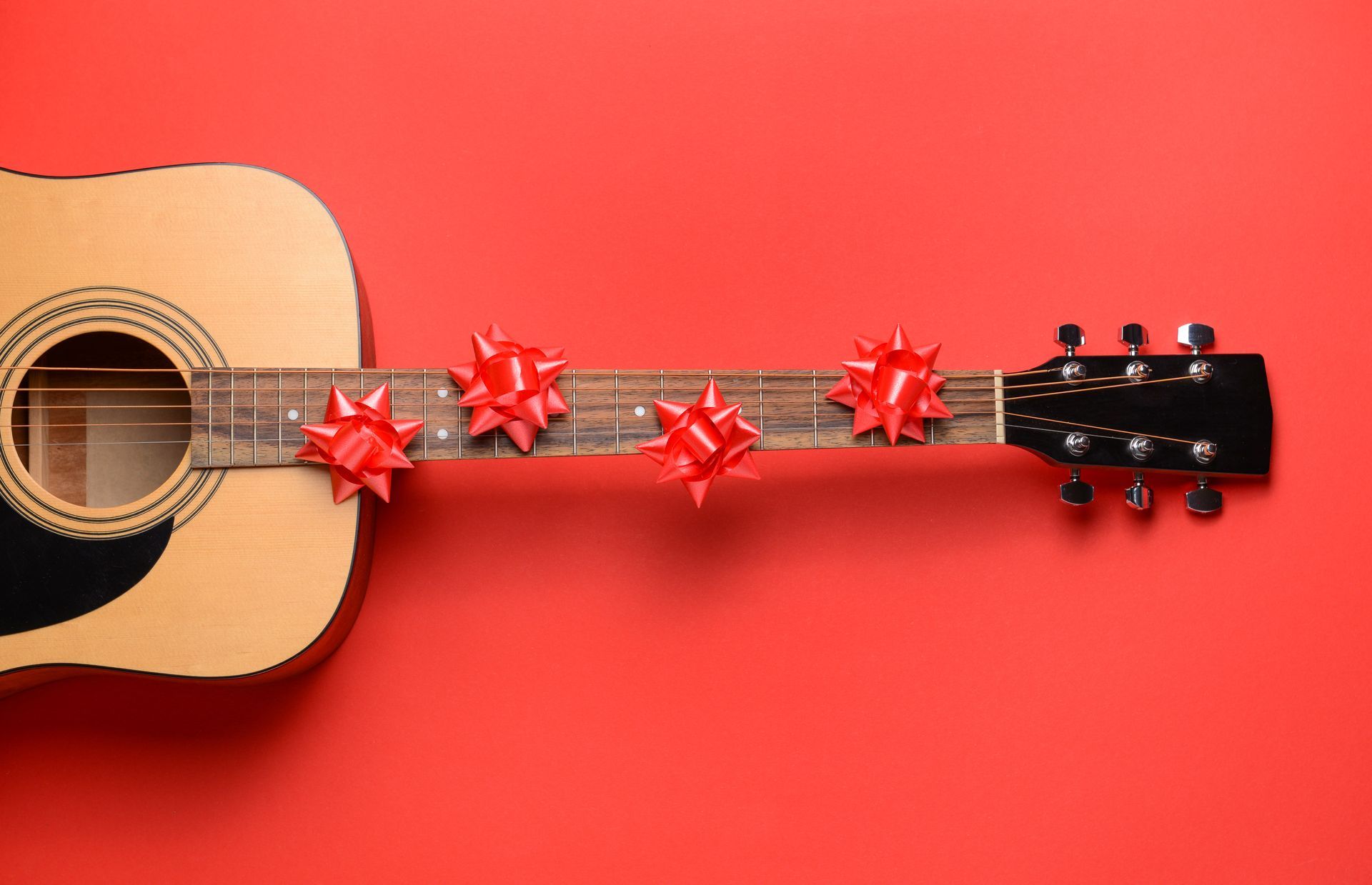
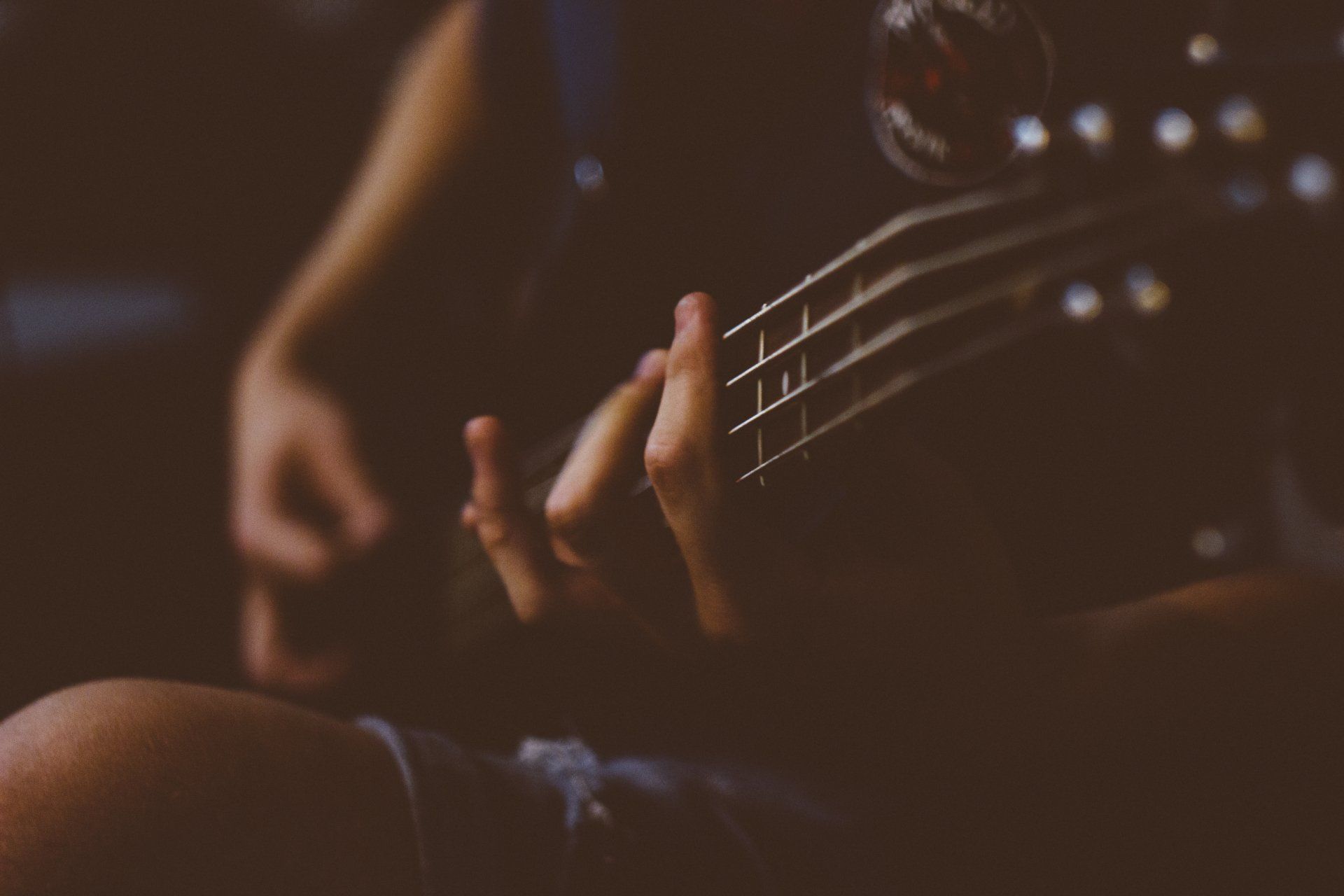
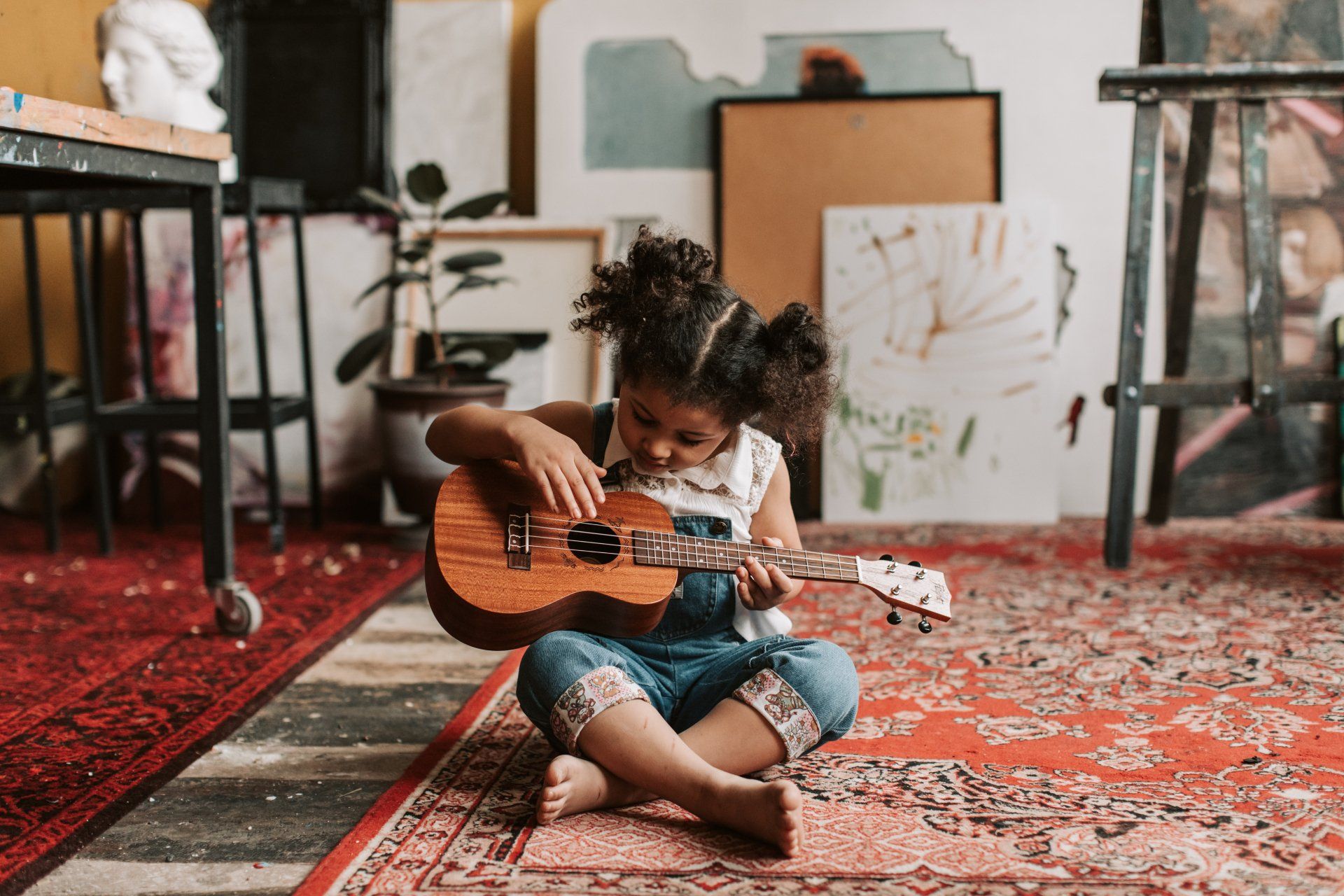
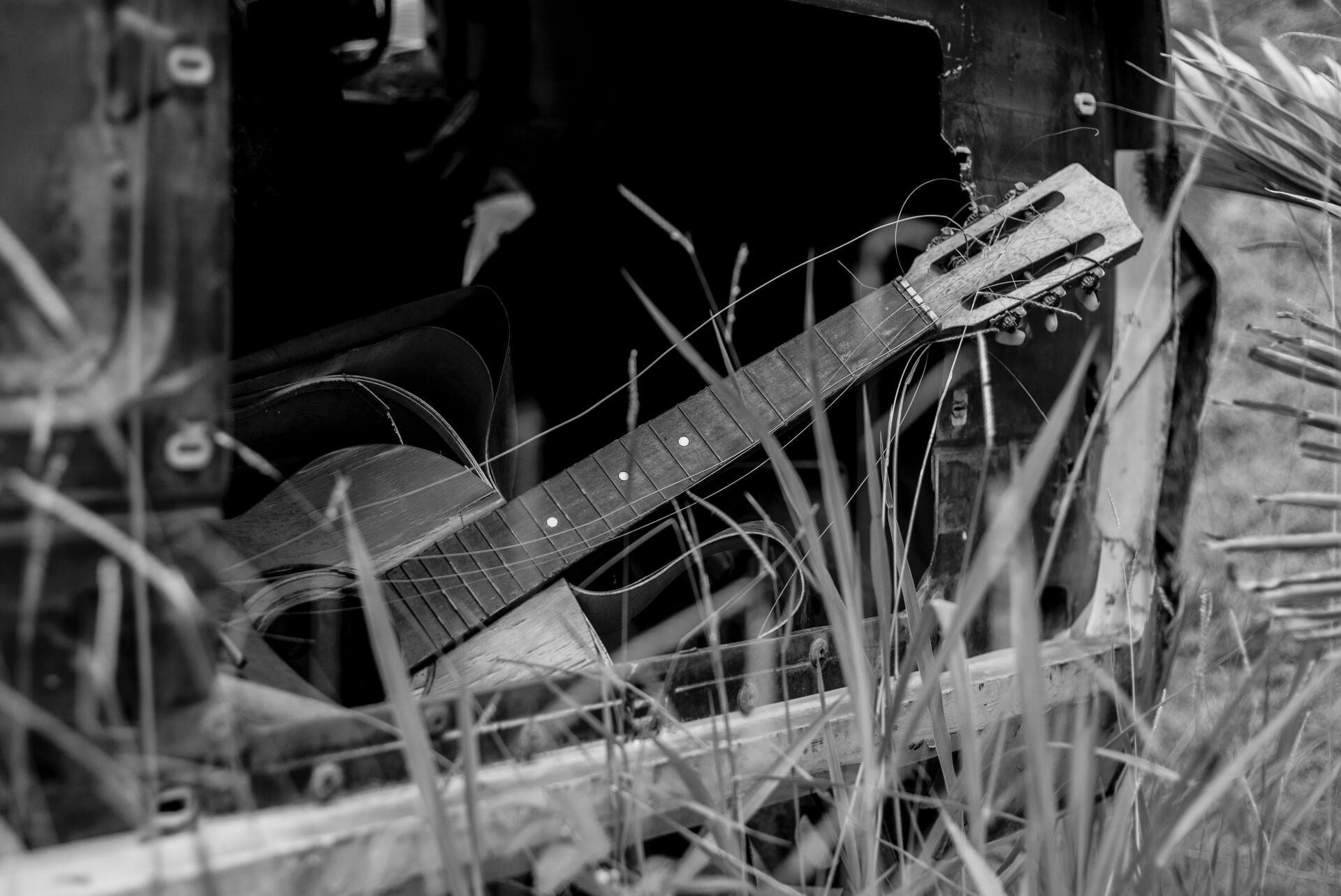

Quicklinks
Teaching Hours
- Mon - Thu
- -
- Friday
- -
- Sat - Sun
- -

